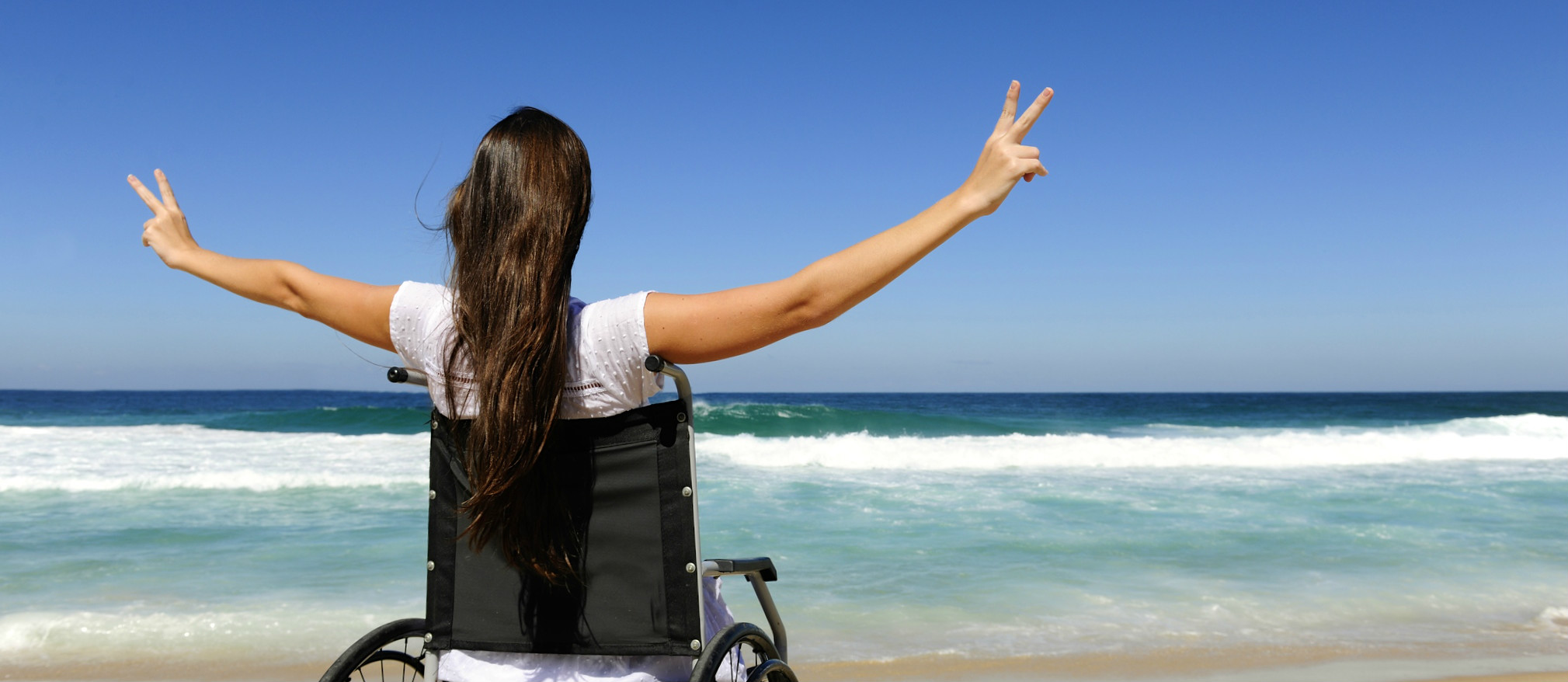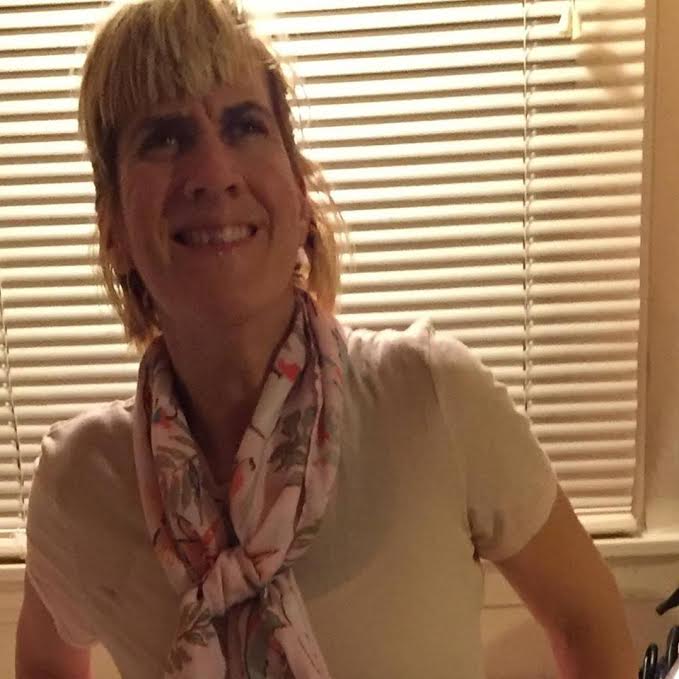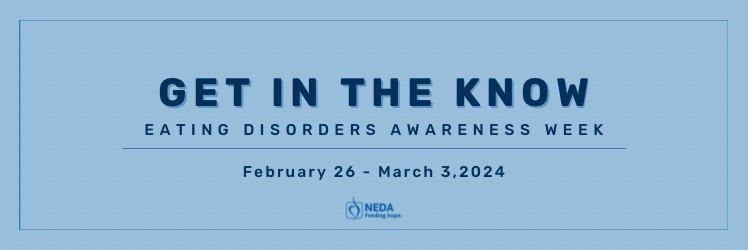I was born with cerebral palsy. It has affected my self-esteem because I do things more slowly than my peers. I was teased because of the way I walked when I was younger. However, at the time, bad body image wasn’t on my radar.
My birth mom could not accept me as I was and she expected me to develop at the same rate as my biological siblings and other children my age. She pushed me hard to walk and speak like others.
When I wasn’t moving as quickly as she’d like, due to my disability, she got very frustrated and took her frustrations out on me. She started making fun of the way I walked and talked. I think she believed that with enough pressure, she would get me to walk and talk the way she wanted me to. Of course, because of my disability, that was never going to happen.
Because she couldn’t make me “normal” in her eyes, she started harping on my weight. Looking back, I think she did this because it was something she felt she could control. If she couldn’t make me walk or talk the way she wanted me to, she would keep me thin. At age five, she pointed out that I was getting a “fat stomach.” She wanted me to cut out the sweets to lose weight. As I grew older, she put more pressure on me to lose weight. I began to equate worthiness with being thin.
In my sophomore year of high school, my birth mother told me that an outfit I wanted to wear was off-limits. Her exact words were, “You look like a bag lady in that outfit. This outfit is meant for skinny girls.” It was a one-piece, pinstriped jumper with ties around the waist. I felt good in it, but she insisted that I change my outfit. The outfit that she had me change into hid my figure. Years later, when I was getting my wedding veil fitted, I wore a loose summer dress; she told me that I was fat, and I needed to lose weight before my wedding. The message I received was clear: if I wasn’t very thin, I wasn’t worthy.
When I first began struggling with an eating disorder, I set out to prove that I could lose the weight and be thin, go to massage school full-time, and get top scores. I think that this was my way of hiding my disability.
I was fortunate to find a great therapist who helped me start embracing who I am. I am learning that I can be my own worst critic, and I try to make myself forget that I have a disability by pushing myself. I often lose sight what makes me Katrin/Kat. My therapist is also helping me accept my disability because it makes me me.
I was able to stay in strong recovery for years, but a trip to Las Vegas in 2013 triggered a relapse. I wanted to wear a bikini and feel comfortable in it, so I began obsessing over my size. I did have a good time on my trip, but the obsessive thoughts didn’t go away. As soon as I got home, I decided that I was going to lose more weight and fit into an even smaller size. I thought that I had been in recovery for long enough that my eating disorder wouldn’t be an issue, but I was so wrong.
When I received an invitation for a reunion, it was like pouring gas on a fire. I didn’t really ever want to eat; I just wanted to weigh myself. I was measuring my self-worth on the scale. When I went shopping for an outfit, I decided to try on a size much smaller than the one I normally wear. It fit, and I was scared.
My next session with my therapist, both my weight and my self-esteem were at their lowest points. She warned me that if this continued, the next stop would be the hospital. I promised myself that would not happen, and I did everything I could to work for recovery again. It was so hard, but I gave my scale to my husband and communicated openly with my therapist. I was honest with her when I slipped into negative behaviors, and she helped me to find better coping methods. I think that being honest with her is the reason I’m here, and in a good place, today.
Now, whenever I have negative thoughts, I think of how unhappy I was when I was in the eating disorder. I don’t want that empty feeling ever again. I try to focus on the present, on honesty, and on not being a perfectionist. I remember that recovery is not a straight line; there are zig-zags along the way. I know my triggers and I prepare myself as best as I can. I try to nip negative behaviors in the bud before they begin to control me.
I also know that how my birth mom treated me said a lot about the sort of person she was. She couldn’t accept anything less than perfection, and that’s on her. I believe with God’s help and with great people, I will make the most of my life and help others embrace themselves. Whether they’re struggling with an eating disorder or disability (or both), I would tell them it is okay to love themselves because they are special and they have gifts to offer the world.
Katrin lives in Roseville, Michigan with her husband and kitties. She loves learning about psychology.
This story is part of the Marginalized Voices Project. Learn more.






